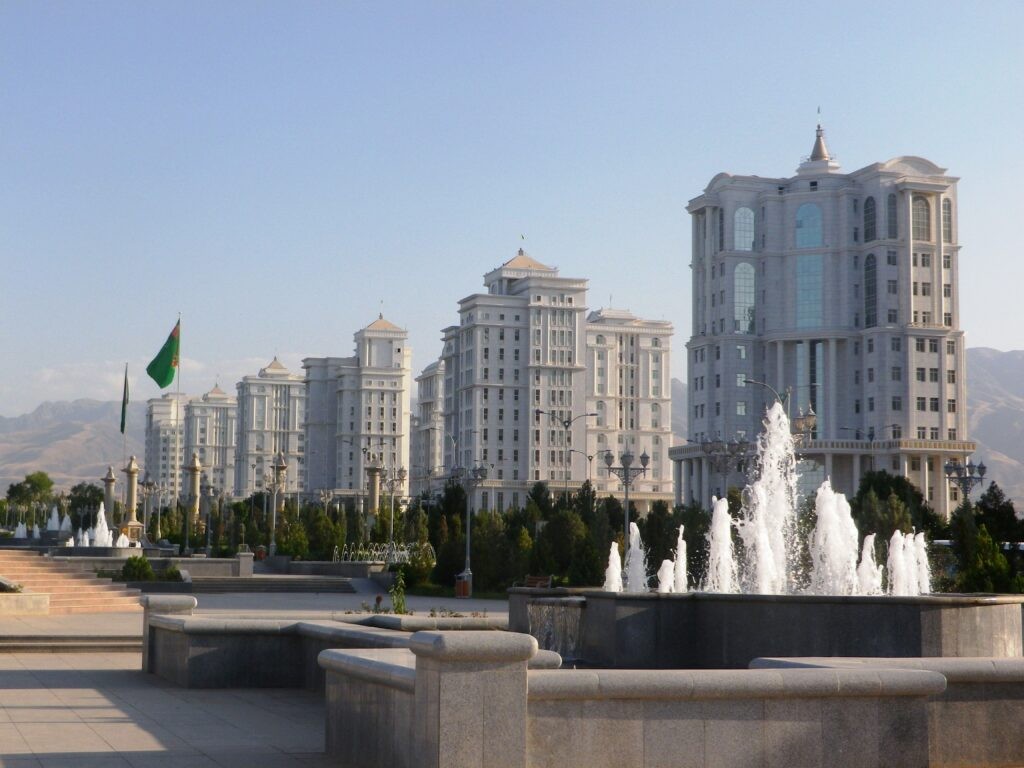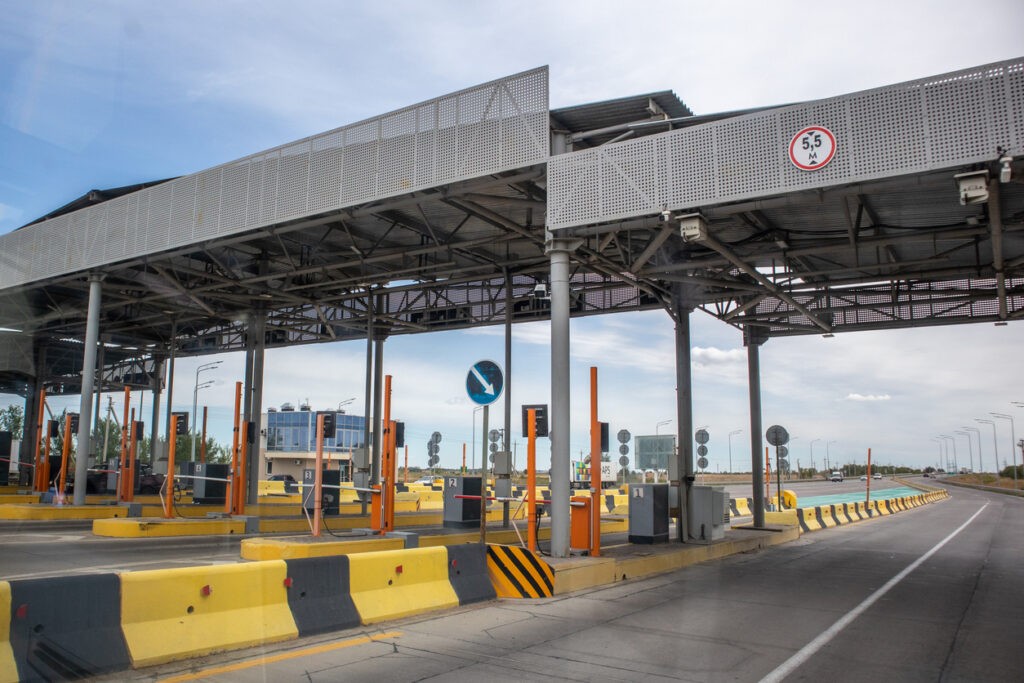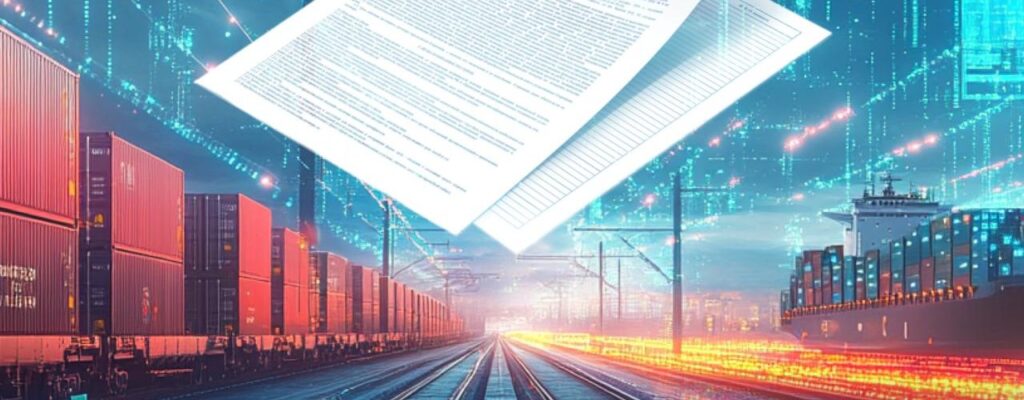Turkmenistan’s Geopolitical Shift Toward the West
Turkmenistan, whose foreign policy since 1995 has been based on the principle of permanent neutrality, is reportedly seeking to establish closer ties with the West, primarily with the United States. The energy-rich nation has long expressed an intention to export natural gas to Europe, but its leadership’s recent moves suggest that Ashgabat might also aim to develop closer political and economic relations with Western countries. Over the past few months, Turkmen and American officials have held several very important meetings. Most recently, on November 25, Turkmenistan’s President Serdar Berdimuhamedov hosted Steve Daines, U.S. Senator from Montana and member of the U.S. Senate Committee on Energy and Natural Resources. The fact that the Turkmen leader told the American politician that Ashgabat is “implementing a strategy for diversifying energy export routes” clearly shows that Turkmenistan’s ambition to begin exporting natural gas to Europe was on the agenda. But energy was unlikely the only reason why Daines came to Ashgabat. He also met with the Turkmen Minister of Foreign Affairs Rashid Meredov, with whom he discussed “key aspects of partnership cooperation in political and diplomatic, trade and economic, cultural, humanitarian and other spheres.” According to reports, “the active dynamics of development of political ties at the highest state level was emphasized,” indicating that Turkmenistan has begun implementing its 2023 plan to strengthen ties with the United States. Moreover, as a result of the U.S. Senator’s visit to Ashgabat, a meeting of the Turkmenistan-US Business Council is scheduled to take place later this month. One of the reasons why the Turkmen authorities seek deeper economic ties with Washington is because they hope that such an approach can help their country join the World Trade Organization (WTO). On November 20-22, just days before Daines’ visit to Turkmenistan, the Ministry of Finance and Economy organized a training seminar as part of the country's preparation for joining the WTO. Interestingly enough, the U.S. Agency for International Development (USAID) “made a significant contribution to the event's preparation”, while the U.S. Ambassador to Turkmenistan Elizabeth Rood attended the seminar. The United States undoubtedly sees Turkmenistan as an important regional actor. In February, American companies including John Deere, Boeing, Exxon Mobil, and General Electric met with the Turkmen business delegation in Washington, discussing various forms of cooperation. Nine months later, on November 6, Rahimberdi Dzhepbarov, Chairman of the Board of the State Bank for Foreign Economic Activity of Turkmenistan, was on a working visit to Washington to discuss “issues of further strengthening economic and environmental cooperation with the United States.” The following day, according to the Turkmen Ministry of Foreign Affairs, the U.S. “highly praised Turkmenistan's achievements in fulfilling its international commitments on climate change.” But Washington did not always have such a positive view on Turkmenistan. In 2018, in an annual State Department report, Ashgabat was criticized for "alleged torture, arbitrary arrests and detentions, involuntary confinement, imprisonment of political prisoners, severe corruption, lack of free and fair elections, and restrictions on freedom of religion, assembly, and movement.” Also, in...






